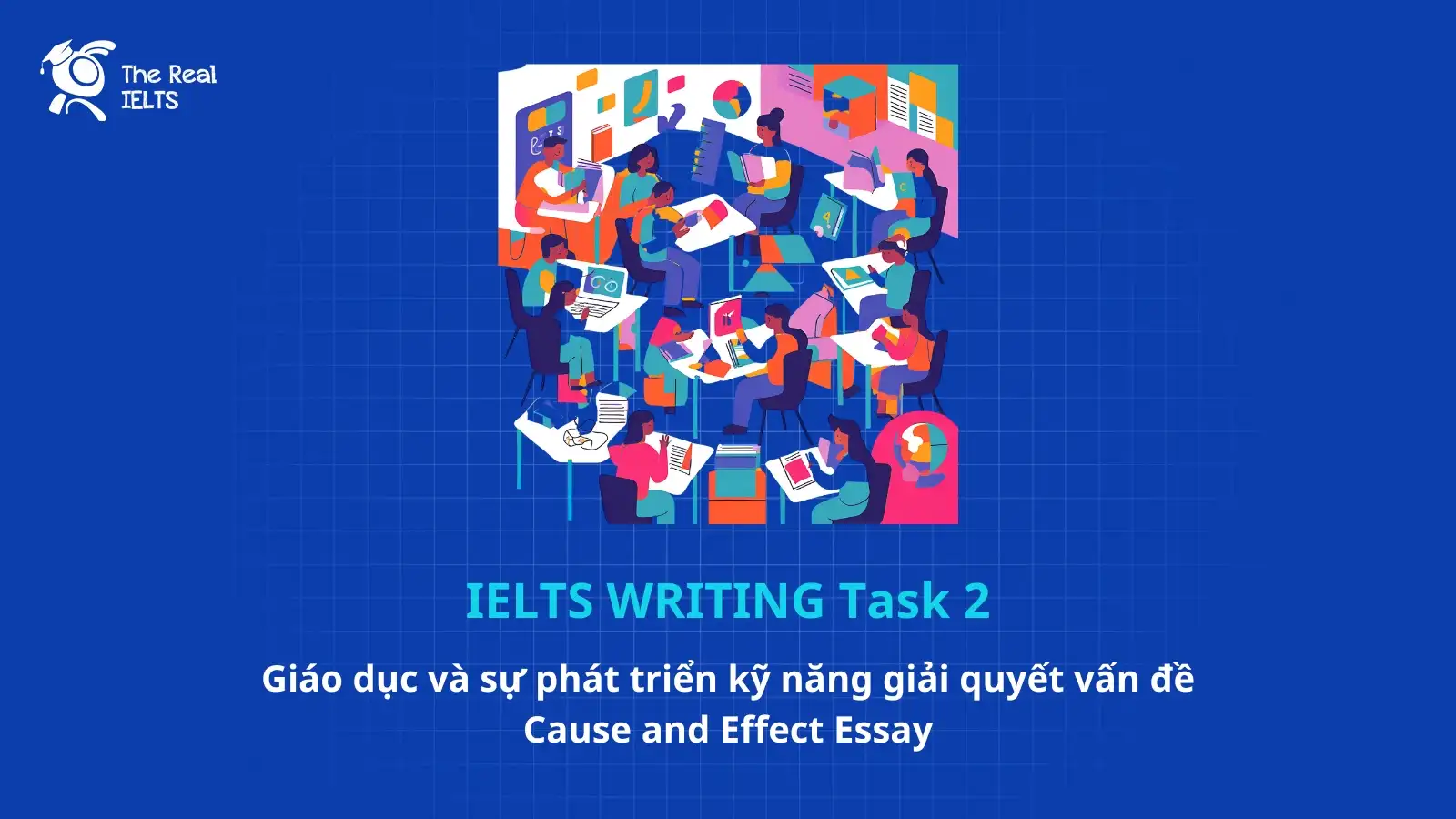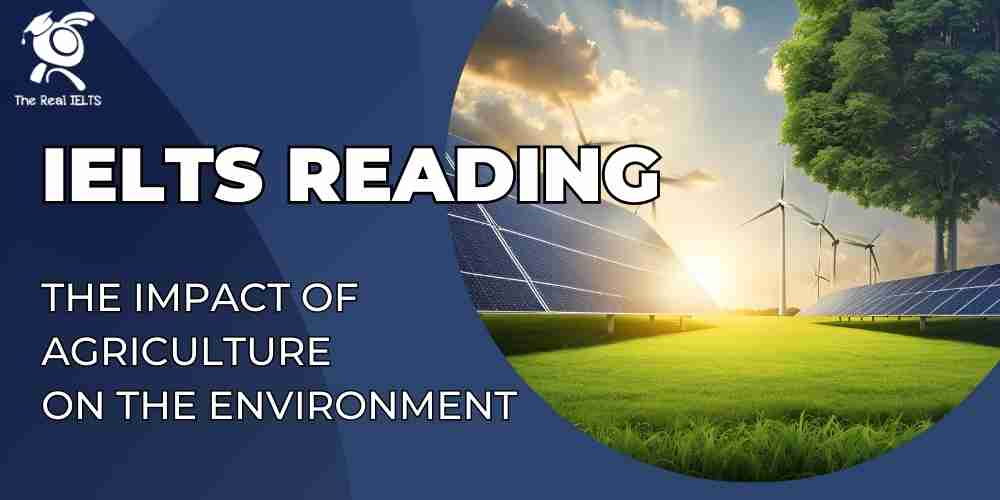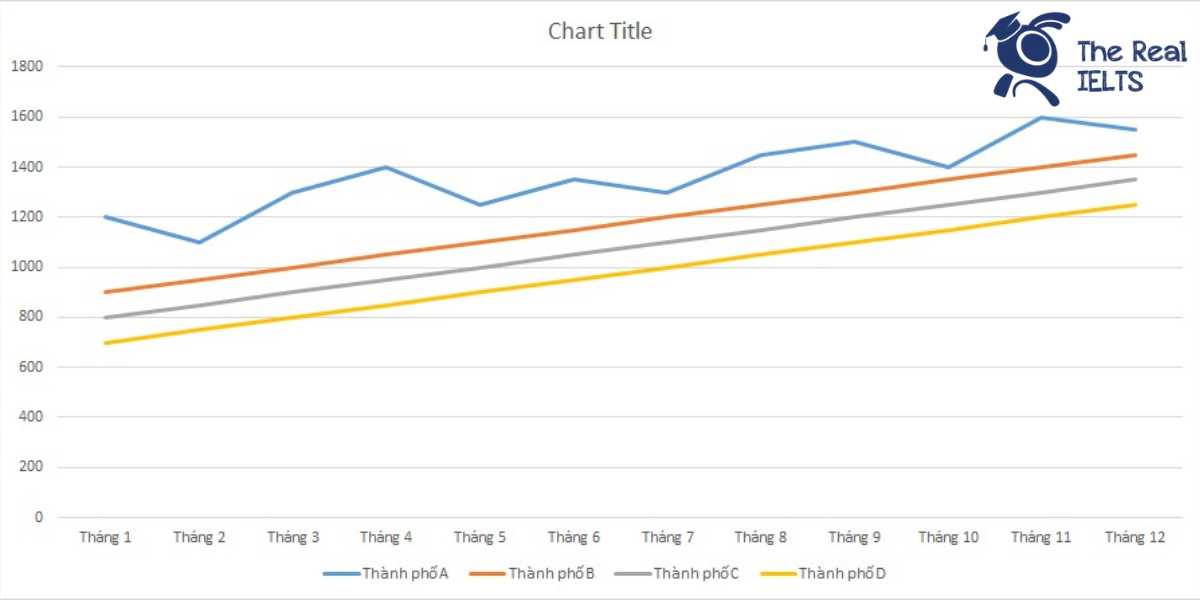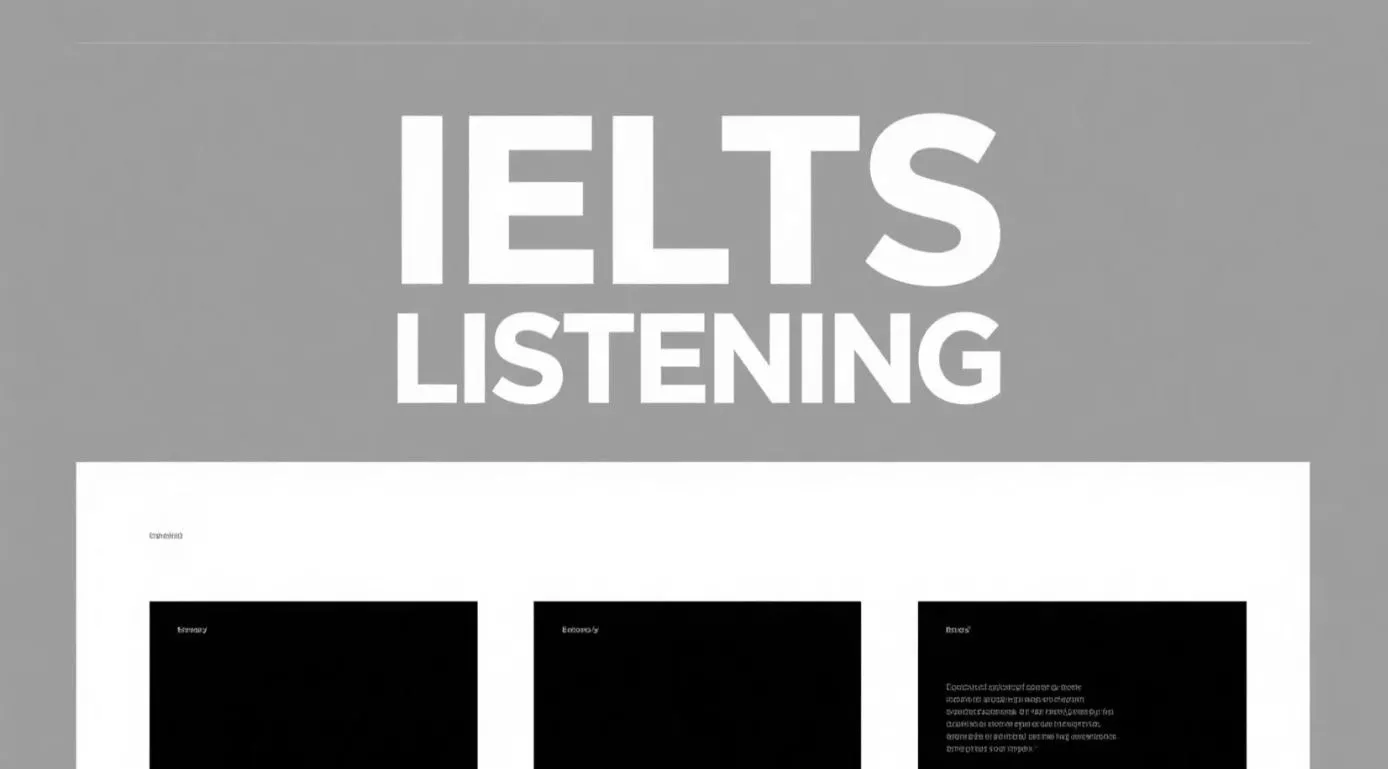IELTS Writing Task 2 thường yêu cầu phân tích nguyên nhân và hậu quả của một vấn đề, trong đó giáo dục ảnh hưởng lớn đến sự phát triển kỹ năng giải quyết vấn đề. Phương pháp giảng dạy thụ động có thể khiến học sinh thiếu tư duy sáng tạo, dẫn đến khó khăn trong việc xử lý tình huống thực tế.
Đề bài IELTS Writing Task 2: Giáo dục và sự phát triển kỹ năng giải quyết vấn đề – Cause and Effect Essay
Education significantly contributes to the development of problem-solving skills. What are the causes behind this, and what effects does it have on individuals and society?
Ví dụ 1
Education plays a crucial role in the development of problem-solving skills, as it equips individuals with the necessary tools and strategies to approach challenges effectively. One of the primary causes is the structured learning process, where students are exposed to various disciplines and taught to think critically. Educational systems encourage analytical thinking, decision-making, and the application of theoretical knowledge to real-world scenarios, all of which foster problem-solving abilities. Moreover, collaborative learning environments, such as group projects or discussions, enhance students’ ability to consider multiple perspectives and find innovative solutions.
The effects of this development are significant, both on individuals and society. On an individual level, strong problem-solving skills boost confidence, independence, and employability, enabling people to navigate complex situations in both personal and professional life. On a societal scale, when a large portion of the population possesses these skills, it leads to a more innovative and adaptable workforce, contributing to economic growth and technological advancements. In conclusion, the role of education in nurturing problem-solving skills is fundamental in shaping both individuals’ success and societal progress.
Ví dụ 2
Education plays a crucial role in enhancing problem-solving skills, as it equips individuals with the knowledge, tools, and methods needed to approach and resolve various challenges. One key factor is that formal education encourages critical thinking, which helps students analyze situations, identify potential solutions, and evaluate their outcomes. Through subjects like mathematics, science, and even the humanities, learners are trained to think logically and systematically, fostering creativity and innovation. Furthermore, education promotes collaboration, allowing individuals to share ideas and learn from different perspectives.
The effects of strong problem-solving skills are profound, both for individuals and society. On an individual level, problem-solving abilities lead to greater confidence, career success, and the capacity to adapt to changing environments. At a societal level, these skills contribute to economic growth and social progress, as individuals with advanced problem-solving capabilities can tackle complex issues, drive innovation, and contribute to the overall well-being of their communities. Therefore, it is evident that education plays an essential role in shaping the problem-solving abilities that are vital for both personal and societal development.
Ví dụ 3
Education plays a crucial role in the development of problem-solving skills, and there are several factors behind this. First, the structured learning environment encourages individuals to engage with various challenges, both academic and practical, which helps develop critical thinking and analytical abilities. Through activities such as debates, case studies, and problem-based learning, students are exposed to complex issues that require innovative solutions. Additionally, education fosters creativity by encouraging individuals to think outside the box and approach problems from different perspectives.
The effects of this on individuals are profound: those who develop strong problem-solving skills are often more adaptable, capable of handling unforeseen challenges, and successful in their careers. On a societal level, a population with well-developed problem-solving abilities contributes to progress and innovation, as individuals apply their skills to tackle a wide range of social, economic, and technological issues. In conclusion, education not only equips individuals with the tools to solve problems but also creates a more resilient and forward-thinking society.
Ví dụ 4
Education plays a pivotal role in fostering problem-solving skills, and there are several reasons behind this. Firstly, it provides individuals with diverse knowledge and approaches, which help them tackle various challenges. In classrooms, students are exposed to different problem scenarios, whether in mathematics, science, or real-life situations, allowing them to practice critical thinking and decision-making. Secondly, education promotes collaboration and communication, as group activities often require collective problem-solving, enhancing interpersonal skills.
The effect of developing strong problem-solving skills is profound for both individuals and society. For individuals, it boosts their confidence and adaptability in facing everyday challenges, which is essential in personal and professional life. On a societal level, a population with strong problem-solving abilities can lead to greater innovation, economic development, and improved social cohesion, as people are better equipped to address collective issues. In conclusion, education not only equips individuals with the knowledge to solve problems but also fosters the necessary skills for creating a more dynamic and prosperous society.
Ví dụ 5
Education plays a crucial role in enhancing problem-solving skills, which are essential for both personal and societal development. Firstly, it equips individuals with the knowledge and tools to identify and analyze problems systematically. Through subjects like mathematics, science, and critical thinking exercises, education fosters logical reasoning and creative approaches to challenges. Moreover, the collaborative nature of many educational settings encourages teamwork, where students learn to negotiate, communicate, and approach problems from diverse perspectives.
The effects of these skills are profound. On an individual level, problem-solving abilities boost confidence, enhance decision-making, and increase adaptability in the face of challenges. Societally, individuals with strong problem-solving skills contribute to innovation, economic growth, and social progress, as they are more capable of finding solutions to complex issues. In conclusion, education not only provides the foundation for problem-solving but also creates positive ripple effects that benefit both individuals and society.
Ví dụ 6
Education plays a crucial role in the development of problem-solving skills, and this is due to several key factors. Firstly, education provides individuals with structured learning experiences that encourage critical thinking. By engaging with a variety of subjects and tackling diverse problems, students learn to approach challenges from different perspectives. Secondly, education fosters the development of analytical skills, as students are taught to assess information, identify patterns, and devise solutions. As a result, individuals are better equipped to make informed decisions when faced with real-life issues.
The effects of this are far-reaching for both individuals and society. For individuals, improved problem-solving skills enhance their ability to cope with personal and professional challenges, leading to greater success and personal growth. On a societal level, a population with strong problem-solving abilities contributes to innovation, economic development, and social progress, as these individuals are better able to address complex societal problems. In conclusion, education is a fundamental driver of problem-solving skills, with positive outcomes for both individuals and society at large.
Ví dụ 7
Education plays a crucial role in enhancing problem-solving skills, as it equips individuals with the necessary knowledge, critical thinking abilities, and analytical tools to address challenges effectively. One of the main causes behind this is that education fosters cognitive development, encouraging individuals to think logically and creatively. It exposes them to diverse situations and subjects that require solving complex problems, whether in mathematics, science, or social contexts. Moreover, through discussions, group work, and case studies, students learn to approach issues from various perspectives and find innovative solutions.
The effects of education on problem-solving extend beyond individual development to positively impact society. On a personal level, individuals with strong problem-solving skills are better equipped to navigate daily challenges, make informed decisions, and adapt to changing environments. These skills also enhance employability, as employers highly value problem-solving abilities. On a societal level, a population well-versed in solving problems contributes to progress and innovation, fostering economic growth, improved public services, and the resolution of social issues. In conclusion, the development of problem-solving skills through education benefits both individuals and society, promoting overall advancement and well-being.
Ví dụ 8
Education plays a crucial role in the development of problem-solving skills due to several key factors. First, it exposes individuals to a variety of situations that require critical thinking and decision-making, such as complex assignments or real-world challenges presented in the classroom. Second, education encourages active learning methods, such as group discussions, experiments, and case studies, which promote creative and analytical approaches to problem-solving. As students are taught to think critically, they develop the ability to break down complex problems into smaller, manageable parts and apply effective solutions.
The impact of this on individuals is profound, as it equips them with the cognitive tools necessary to navigate personal and professional challenges. For example, individuals with strong problem-solving skills are better equipped to handle workplace obstacles, leading to increased productivity and career advancement. On a societal level, a population with refined problem-solving abilities contributes to innovation and progress, fostering economic growth and improving quality of life. In conclusion, education not only enhances individual capabilities but also drives broader societal development by cultivating a generation of critical thinkers and solution-oriented citizens.
Ví dụ 9
Education plays a crucial role in enhancing problem-solving skills, with several key causes contributing to its development. First, education exposes individuals to a wide range of subjects and scenarios, requiring them to apply critical thinking and reasoning to find solutions. Additionally, through structured learning, students are encouraged to analyze problems from multiple perspectives, which helps to foster creative and effective problem-solving strategies. Furthermore, the use of practical exercises and real-world case studies in educational settings enables individuals to develop the ability to approach challenges with a solution-oriented mindset.
The effects of education on problem-solving skills are profound both on an individual and societal level. On an individual level, individuals who possess strong problem-solving abilities are better equipped to navigate life’s challenges, make informed decisions, and excel in their careers. This, in turn, leads to a higher sense of confidence and self-reliance. On a societal level, a population with well-developed problem-solving skills contributes to innovation, economic growth, and the ability to tackle complex issues such as climate change, social inequality, and technological advancements. Therefore, education not only shapes individuals but also serves as a driving force for societal progress.















